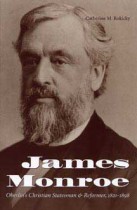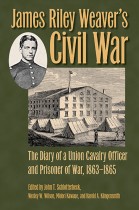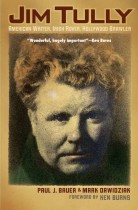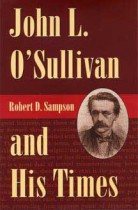James A. Rhodes, Ohio Colossus
Tom Diemer, Lee Leonard and Richard G. Zimmerman | Filed under: Award Winners, Biography, Political Science & Politics, Regional Interest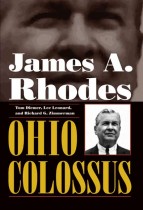
In his day he dominated the political landscape like no one in Ohio’s long, proud history ever had—or likely ever will. James A. Rhodes (1909–2001) plotted a path that took him from tiny Coalton, Ohio, to the governor’s office. In this first biography of Rhodes, his life and political career are scrutinized by those who knew him best—the working press. Written by three journalists who covered Rhodes in overlapping periods, this account traces, often with uproarious humor, his unlikely rise to power. It discusses his four terms as governor, his subsequent 20 years as a political elder, and even his avocation as an inventor.

